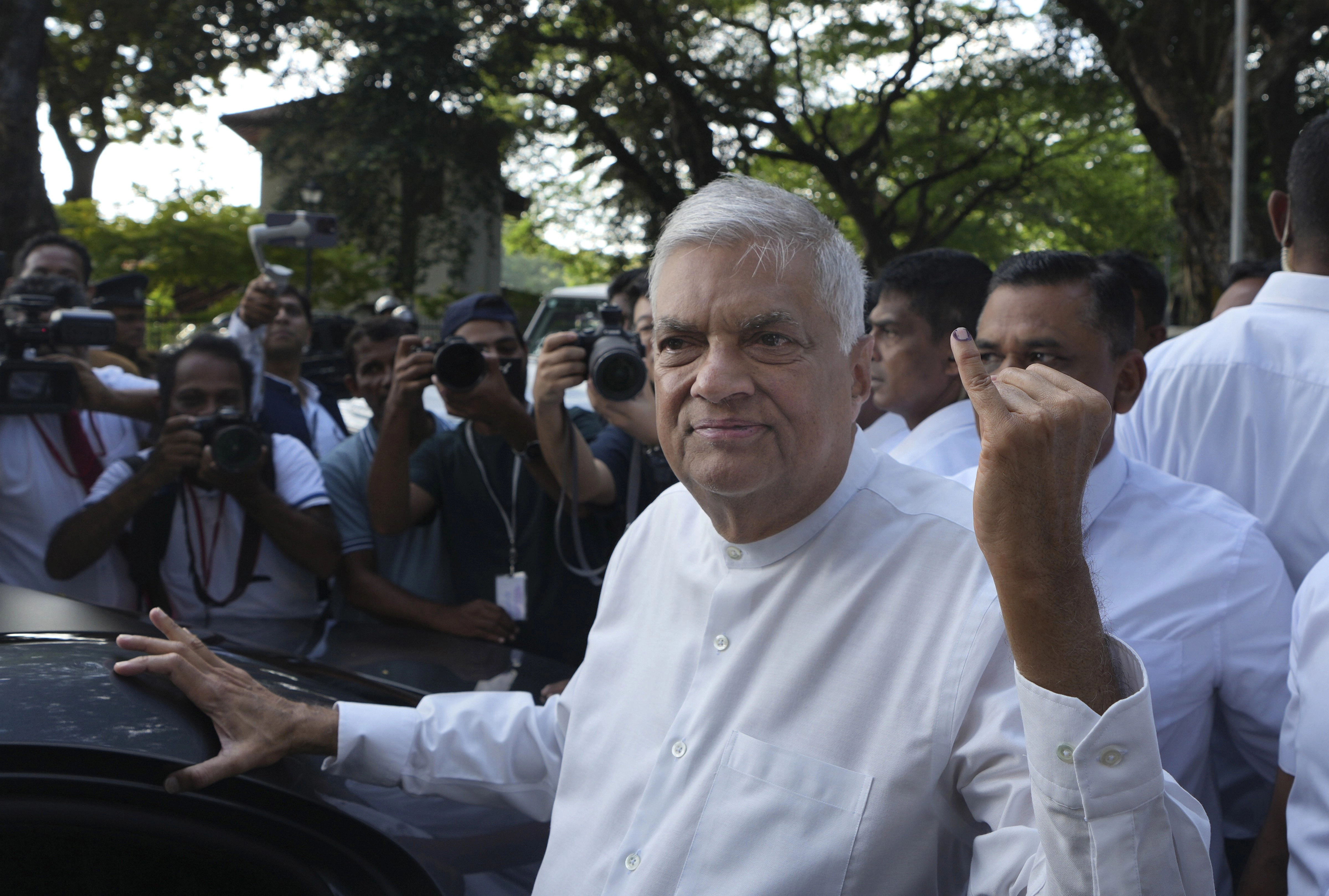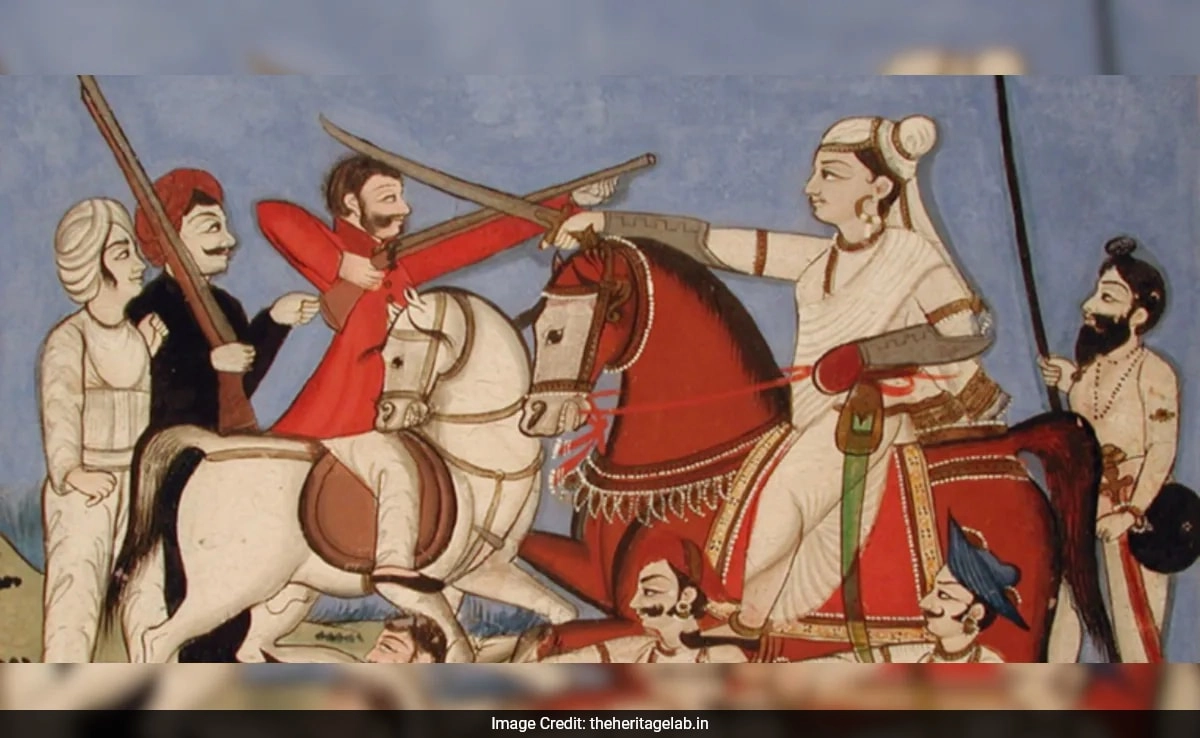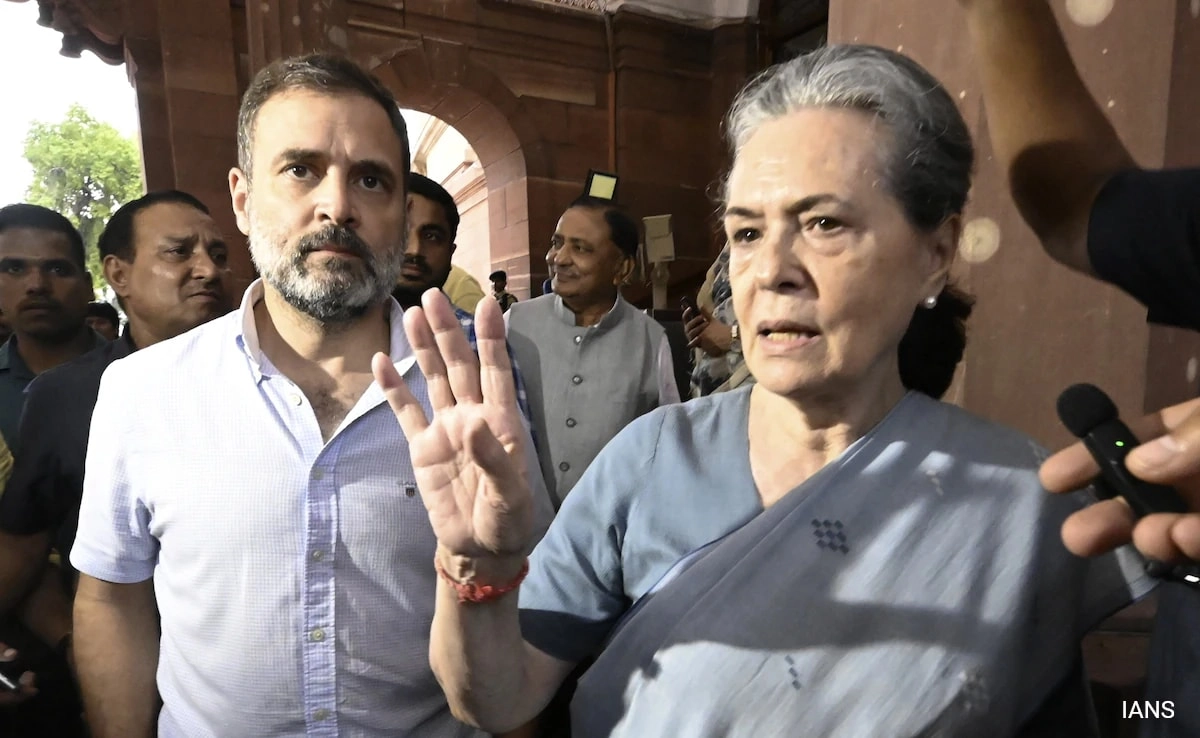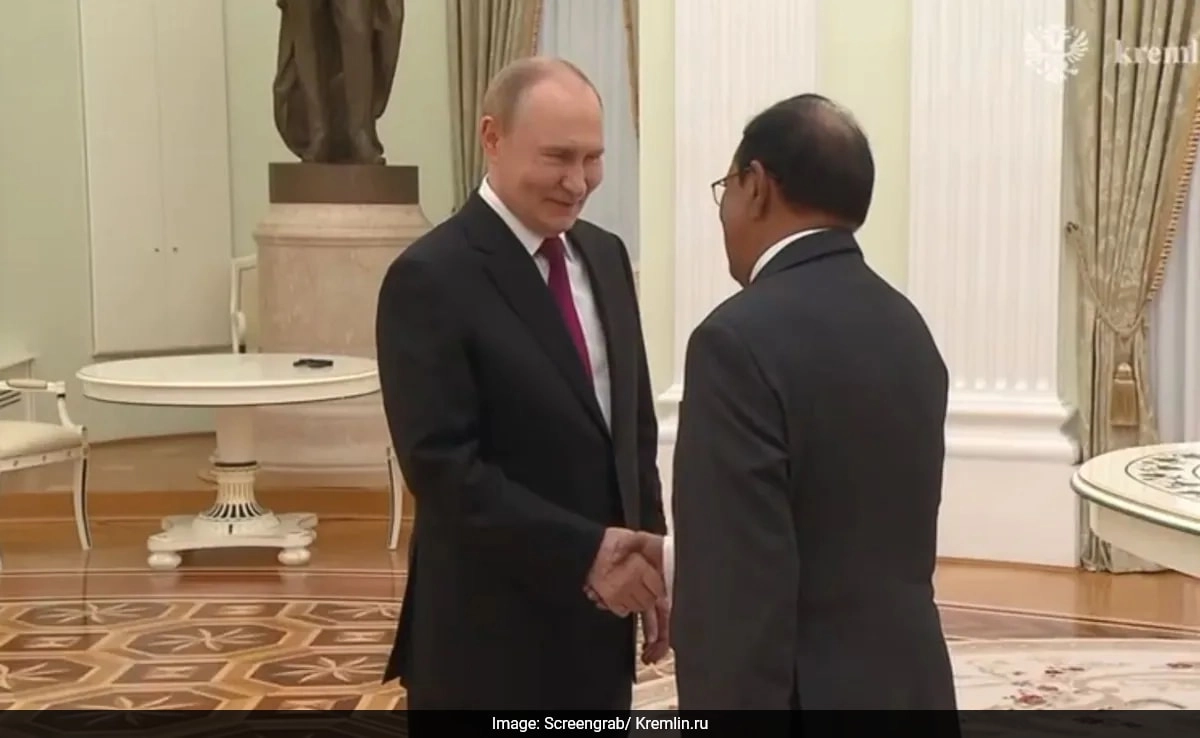Protests erupted in the Sri Lankan capital, Colombo, following the arrest of former President Ranil Wickremesinghe. This significant political event sparked widespread unrest as thousands of demonstrators took to the streets, expressing their anger and frustration over the recent actions taken by law enforcement. Wickremesinghe, who served as president during a tumultuous period for the nation, faced mounting pressure and scrutiny from various sectors, leading to his controversial detainment. The protests highlighted the deep divisions within Sri Lankan society, as many citizens rallied in support of Wickremesinghe, viewing his arrest as an affront to democratic principles and a violation of political freedoms.
The streets of Colombo were filled with passionate protesters who chanted slogans demanding Wickremesinghe’s immediate release. Many participants in the demonstrations were motivated by a sense of injustice, believing that the former president was being targeted for political reasons rather than legitimate legal concerns. The atmosphere was charged with emotion, as protesters wielded banners and placards calling for an end to what they perceived as governmental overreach. The unrest underscored the broader discontent with the current administration and the ongoing economic and political crises that have gripped the country.
As the situation unfolded, law enforcement responded to the protests with a heavy presence, aiming to maintain order amidst the chaos. The government faced increasing pressure from both domestic and international observers to address the grievances of the protesters and uphold the rule of law. Calls for accountability and transparency resonated throughout the crowd, as citizens demanded a more democratic approach to governance. The protests served as a reminder of the power of civic engagement in shaping the political landscape of Sri Lanka, signaling a potential turning point in the nation’s ongoing struggle for political reform and stability.
In conclusion, the protests in Colombo represent a significant chapter in Sri Lanka’s political narrative, illustrating the complexities of a nation grappling with its democratic ideals amid a backdrop of economic hardship and political turmoil. The arrest of Wickremesinghe has not only ignited public sentiment but has also rekindled discussions about the future of governance in Sri Lanka. As the situation continues to evolve, the voices of the protesters will undoubtedly play a crucial role in determining the country’s path forward, emphasizing the importance of civic participation in the quest for justice and accountability.




